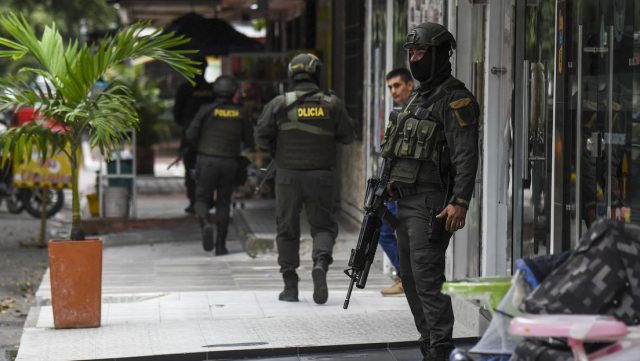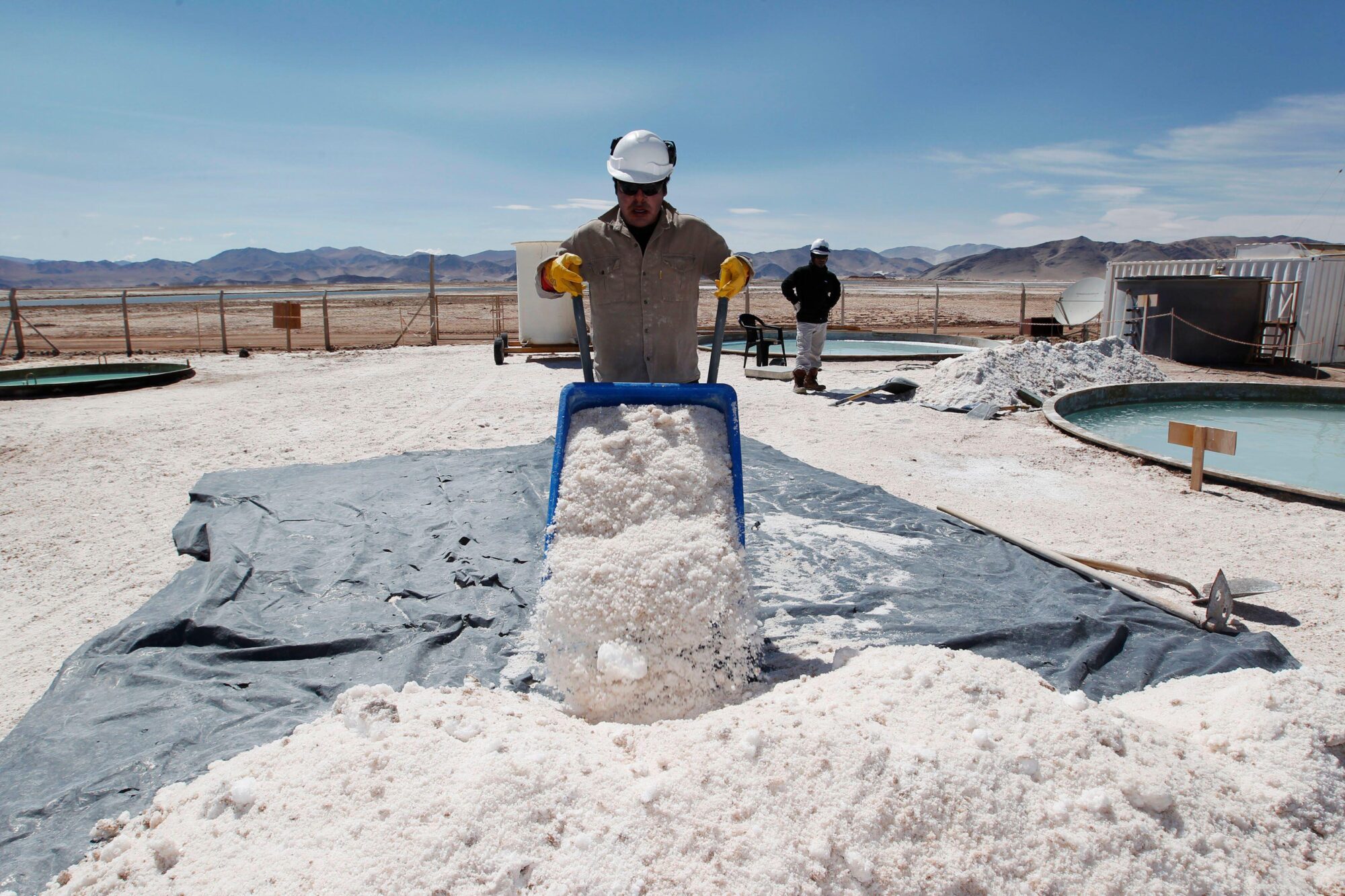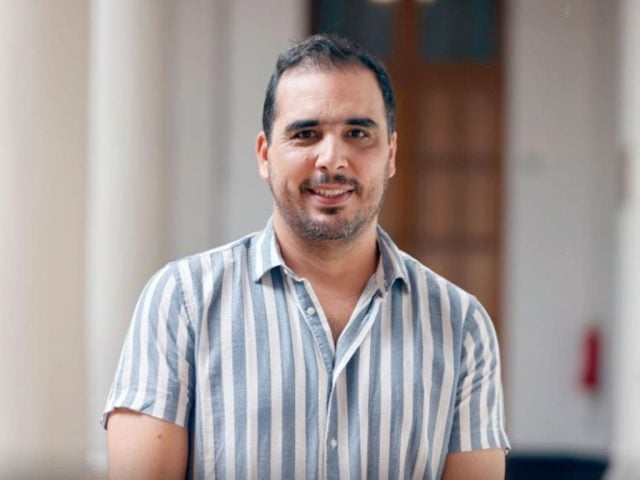The dramatic humanitarian situation that has been recorded in the Colombian department of Arauca —a border region with Venezuela— since the beginning of the year, has set off the alarms of the Comprehensive System for Peace in Colombia, which has made an urgent call to the Government of Iván Duque to promote a dialogue between the armed groups responsible for the resurgence of the internal conflict.
The system for peace, made up of the Search Unit for Persons Given as Disappeared (UBPD), the Truth Commission and the Special Jurisdiction for Peace (JEP), issued a statement in which it considers that the cessation of violence , which has taken over the Colombian Arauca, must be created through «negotiated solutions».
The situation, which began on January 2, has intensified due to the fact that the irregular armed groups, especially the FARC and ELN dissidents, have resumed fighting for control of the territories of Saravena, Tame, Fortul, Arauquita , Arauca capital, and Cubará, a region of the department of Boyacá neighboring Arauca.
In these territories, which have been the most affected, more than 1,000 displaced persons have been registered —in just 20 days—, while another 269 have been victims of forced displacement. In addition, there are 34 murders against civilians, two kidnappings, forced confinement of indigenous communities, as well as threats against social leaders, presidents of the Community Action Boards (JAC) and signatories of the Colombian peace agreements that are in the process of being reinstated.
«What is happening and the threats that are being made against the population, require a humanitarian response that discourages further attacks against the life, freedom and integrity of the inhabitants of this territory», warn the institutions in their call.
In that report, the organizations warn that social leaders have been the most affected because they are victims of direct attacks, the main characteristic of this new cycle of violence, reports RT.
“The voices of the community continue to be silenced”
The system for peace warns that «the voices of the community continue to be silenced», a situation that causes «fear, pain, anguish and uncertainty» to spread. «The impact is very high for the exercise of leadership, the defense of human rights and participation», it denounces.
The organizations give as an example the attack that occurred with a car bomb on January 19, which was detonated in the Saravena municipality, an event that caused the death of a security guard, left several injured and caused damage to various buildings. This fact – as exposed by the peace system – was in a building where social leaders were inside and five of them were injured.
“A repetition of a scenario similar to that experienced between 2005 and 2011 is beginning to be felt in the region, when, due to the confrontation between the two guerrilla organizations, hundreds of people had to leave their homes, leave their land, lose children, family and friends, leaving many of the communities fractured and divided and leaving a balance of a thousand people murdered, and also the ‘disappearence’ of community leaders, human rights defenders, and peasants», warn the Colombian institutions.
Abandonment by the State and respect for the «minimum humanitarian» conditions
Other reasons why the conflict in the Colombian Arauca has worsened, according to the peace system, have been the «abandonment by the State, corruption, land and territory problems, illegal economies and a weakened democracy».
To overcome this situation, they point out, «symptomatic treatments» must be overcome, move on to the analysis of «deeper» issues of the conflict and «open spaces for dialogue» to avoid «avalanches of events that fracture lives, make coexistence difficult and prevent the development of an entire territory».
Similarly, they consider that the armed actors must respect «the minimum humanitarian», which translates into reducing the impact of the conflict against civilians, since each act of violence undermines their human rights and slows down development, sustainability and the future of the next generations.
The institutions also demand that the armed groups stop the violent practice of disappearing people, setting traps with explosive mines, as well as attacks against spaces that serve for education, health and meetings.
What to do in Colombia?
The system for peace has proposed several actions to begin to stop the radicalization of the armed conflict in Arauca, Colombia, and points out that it must begin with «a broad and objective disclosure of the situation» that generates «a categorical rejection» of the new cycle of violence.
On the other hand, it suggests creating protection mechanisms to accompany the most vulnerable population, such as social leaders, peasants, indigenous people and ex-combatants in Colombia.
They also suggest that those involved open – on a national scale – «a scenario of dialogue with organizations that allow promoting the accompaniment of the Catholic Church in a possible mediation».
Meanwhile, the Colombian government has decided to increase the armed struggle, by expanding the presence of military troops, increasing Army operations in the region and increasing the fleet of vehicles to carry out the confrontations.













